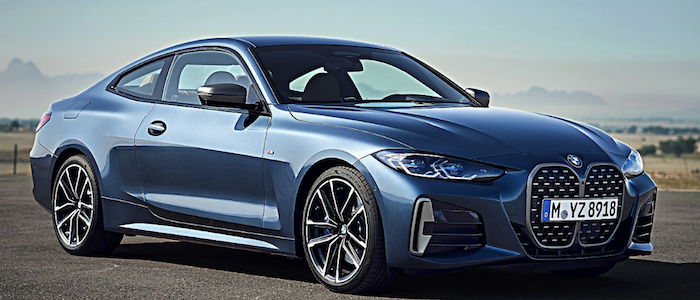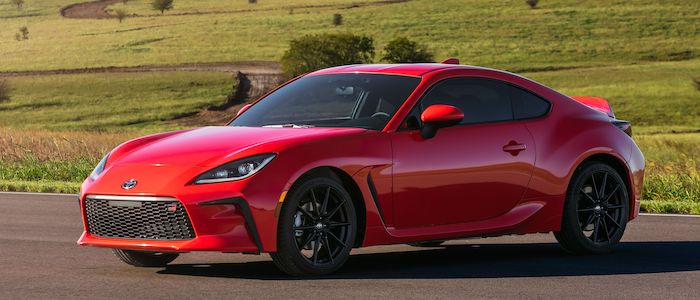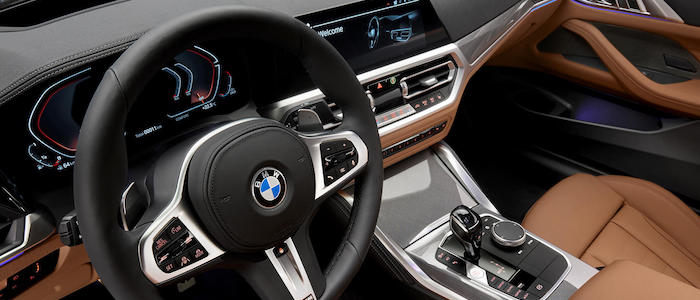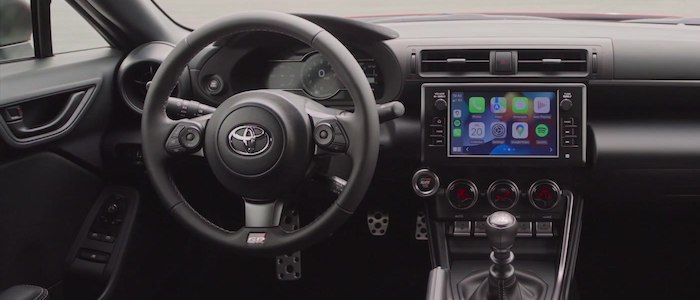Compare two cars
Compare any two cars and get our Virtual Adviser™ opinion
Dimensons & Outlines
Engine
Performance (manual gearbox)
Performance (automatic gearbox)
Expenses
Virtual Adviser's™ opinion
Two significantly similar cars, no doubt about that. Still, each one has something different to offer. Having both cars powered by petrol engines and utilizing the 2-door coupe body style within the same 'Sports car' segment, the only major difference here really is their wheel drive configuration (4 x 4 for the BMW and rear in the case of the Toyota). The first one has a BMW-engineered powertrain under the hood, a 4-cylinder, 16-valves 184hp unit, while the other one gets its power and torque from a 4-cylinder, 16-valves 234hp engine designed by Subaru.
SafetyThe fact that the BMW got tested by the European New Car Assessment Programme (Euro NCAP), while the other contender didn't, puts it sky-high safety-wise, in my eyes at least. Moving further on, let's take a closer look at some additional safety-related facts. Both vehicles belong to the sports car segment, which is generally classifying them somewhere in the middle safety-wise, but it doesn't do much to help us decide between the two. Furthermore, taking kerb weight as an important factor into account, the German car offers a potentially life-saving difference of 31% more metal.
ReliabilityI don't like generalizing things when it comes to reliability, although it does seem that Toyota as a brand displays somewhat better results, all the models observed together. That's the official data, while our visitors describe reliability of BMW with an average rating of 4.1, and models under the Toyota badge with 4.6 out of 5. Unfortunatelly, I don't have enough insight that would allow me to comment in more details on the specific models level. That apart, owners of different cars powered by the same engine as the German car rank it on average as 5.0, while the one under the competitor's bonnet gets 3.0 out of 5.
Performance & Fuel economyToyota is undoubtly more agile, reaching 100km/h in 1.7 seconds less than its competitor. Still, it lacks the power to win the top speed competition, topping at 225 kilometers per hour, 13km/h less than the other car. When it comes to fuel economy the winner has to be the German car, averaging around 7.5 liters of fuel per 100 kilometers (38 mpg), in combined cycle. We can't ignore that 17% difference compared to the Japanese car.
Verdict
BMW appears just a bit more reliable, although the difference is truly marginal. The most important thing when deciding between any two vehicles should always be safety, both passive and active. In my opinion, everything taken into account, the German car beats the other contender by far, making it the best choice without even considering other things. When it comes to performance, both vehicles provide similar experience, so I wouldn't point any of them out. the German car , on the other hand, consumps significantly less fuel, and that's a big plus. All together, there's not much more to say, in this case I wouldn't even consider anything but BMW. Anyway, that's the most objective conclusion I could've came up with and it's based solely on the information found on this website. Aspects such as design, practicality, brand value and driving experience are there for you to measure them out. Also, you could use the oportunity to find out which car, everything taken into account, would be the perfect choice for you in the eyes of the virtual adviser™, among more than 12.000 different ones in our database.

































